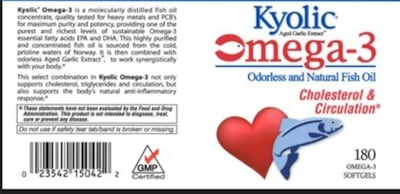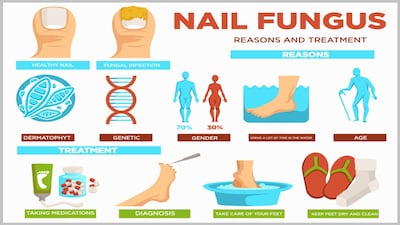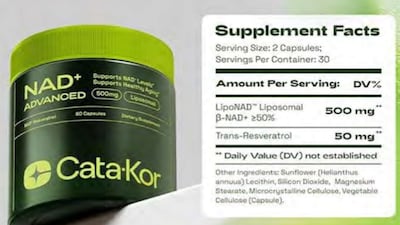Enforcement
Third-Party Audit Results ‘Definitely The Direction’ For FDA Supplement Facility Inspection Planning
“There's a lot of third-party audit information out there. Could we take that and apply it into our inspectional planning process?” says Office of Dietary Supplement Programs Director Cara Welch.
“We have rarely, if ever, enforced this requirement” FDA says announcing enforcement discretion regarding requirement for disclaimer about supplement structure/function and other label claims to be printed on every panel of a product’s package.
Urban Retreat didn’t cooperate with Direct Selling Self-Regulatory Council’s review or “indicate any intent to comply with” recommendations to discontinue claims for its Balance Capsules. LoveBiome responded sufficiently to merit a DSSRC recommendation to pull three health claims.
FDA looks to Congress for authority to require registration for all supplements available for sale in US for public-facing product listing but no authority can produce list of dietary ingredients available pre-DSHEA.
Enforcements at facilities in Missouri operated by Shaman Botanicals and Relax Relief Rejuvenate Trading were preceded by administrative detention orders, FDA’s first use of the authority since its reorganization in October 2024.
Virgin Scent didn’t respond to NAD attorneys’ “repeated outreach attempts” asking for evidence supporting ad claims for Artnaturals NAD+ challenged by another NAD+ supplement marketer, Reus Research.
BRS Analytical Services in St. Louis recalled more than 75,000 cases of redness and lubricating eye drops and committed “to permanently cease production of all drugs.”
The “Simple Reform” initiative would reverse a 2017 move to ensure FDA investigators were experts in the commodity they inspected or in clinical research regulations.
National Advertising Division says XF Agencija permanently discontinued benefits and efficacy ad claims for Lunavia undecylenic acid 25% nail pen challenged by Advantice Health, marketer of Kerasal fungal nail renewal brand.
National Advertising Division, on challenge by NAD+ trailblazer Niagen Bioscience, found substantiation lacking for Cata-Kor NAD+ and NAD+ Core product content and health benefit claims and no clear and conspicuous disclosures for brand’s influencer posts.
Emma Mittelstaedt Burnham prosecuted antitrust violations in healthcare sector in her previous work at DoJ, including leading investigation into antitrust cartels in the generic pharmaceutical industry.
FDA rejects NPAs arguments for clarity on when it recognizes start of investigational new drug programs and what constitutes “substantial clinical investigations” for an IND. Clock starts after FDA met twice-extended deadline to provide answers to NPA’s questions in a 2023 petition.











